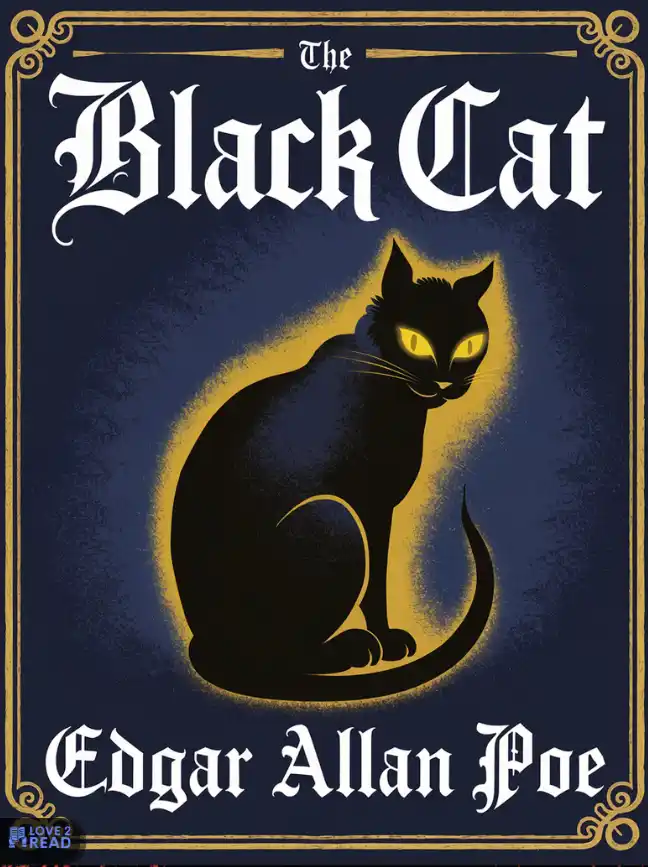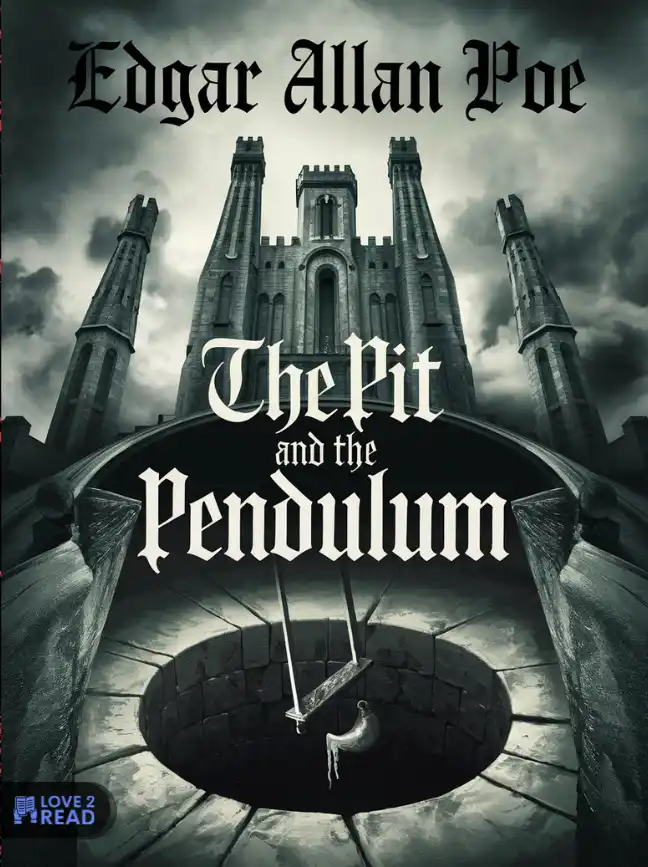(Othello, with his retinue, rejoins the former.)
Othello.
What is this?
Montano.
I’m bleeding heavily, I’m wounded, but not fatally.
Othello.
Stop, as dear as you are to your life.
Jago. Stop, hey, Lieutenant—Sir—Montano—gentlemen—have you all lost your minds? Don’t you know who you are or who you’re facing? The general is talking to you—Stop, I say—at least be ashamed and stop—
Othello. What is this, hey! Who is the author of this mischief? Have we become Turks? And do to ourselves what Heaven has forbidden the Ottomans? For shame at least before these infidels, put an end to this barbarous conflict; the first of you that stirs is on the spot of death! Shut up this bell, it alarms this island from its repose. What was the occasion of this quarrel? Honest Iago, your pale face tells me you are troubled—Say, who began it? Tell the truth, as I am dear to you!
Iago. I don’t know; we were all good friends, only a moment ago, together at the guardhouse, as friendly as bride and groom when they’re about to go to bed—and then, in an instant (no different from the way some rising planet had taken away people’s reason), they’re out with their swords and at each other’s mercy. I can’t say what the cause of this senseless quarrel was; but I wish I had lost these legs in some honorable action, which led me to part of it.
Othello.
How is it, Cassio, that you have forgotten each other so?
Cassio.
Please excuse me, I cannot speak.
Othello. Worthy Montano, you are otherwise a well-mannered man: the world attributes to you the character of a staid and decent youth, and the wisest speak of your name with reverence. What cause could have led you to squander your fame so carelessly, and to lose the good opinion of the world for the name of a night-owl? Answer me this!
Montano. Worthy Othello, I am dangerously wounded: your officer, Iago, can spare me a trouble which would now cause me some inconvenience; he knows all I could tell you; nor could I know what I have said or done wrong this night, unless self-defense, when violently assailed, should be a sin.
Othello. Now, by heaven, my blood begins to prevail over my reason—Provoke me not, I tell you, or if I but lift this arm, the best of you shall sink beneath my wrath. Let me know how this shameful tumult began; who was the instigator; and he who is found guilty hath lost a friend in me, and were he my twin brother—How? In a city threatened with war, whose inhabitants are still filled with terror, and have not recovered from the dread of an enemy’s attack, to raise a tumult for private matters? And that by night, and in the main guard, which ought to be the screen of the general safety? It is a monstrous thing! Speak, Iago, who was the instigator?
Montano. If you say more or less than is true out of partisanship, friendship, or perceived duty, then you are not a soldier.
Iago. Do not touch me on such a sensitive part: I would rather have this tongue torn out of my mouth than speak to my friend Cassio’s detriment; yet I hope it can do him no harm if I speak the truth. Thus it is, General: Montano and I were engaged in conversation, when a lad came running in, shouting at the top of his lungs for help, and Cassio followed him with his sword drawn, presumably to punish him. At this, this gentleman went up to Cassio and begged him to be content; but I myself ran after the shouting fellow, for fear that his shouting might (as actually happened) set the city in unrest. But since he was quicker on his feet, I immediately lost sight of him, and so I returned, all the more so when I heard the clanging and falling of drawn swords, and Cassio cursing so loudly, something I would never have been able to say of him before that night. When I returned, I found them engaged in the fiercest battle—in short, in the very circumstances in which you yourselves separated them. I can say no more about this affair. But people are people; the best of them sometimes forget themselves; and even if Cassio did him a little too much, as people often strike their dearest friends in a fit of rage, I still firmly believe that Cassio must have received some gross insult from the lad who ran away, which was intolerable.
Othello. I see, Iago, that your good nature and your love for Cassio seek to diminish his guilt. Cassio, I love you, but you are no longer my officer—(Desdemona, with attendants, to the former.) See, if my dearest Desdemona has not risen—I will make you an example.
Desdemona:
What is to be done here?
Othello. All is well. Come to bed, my love—My lord, I myself will be the physician to your wounds—Carry him home. Iago, be concerned to keep the city quiet—Come, Desdemona; it is one of the accidents of a soldier’s life to be oft awakened from sweetest slumber by the tumult of war.
(They leave.)





